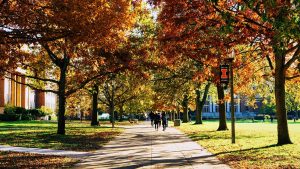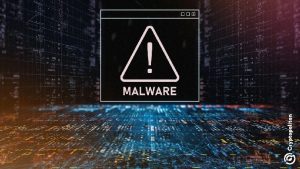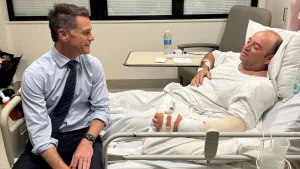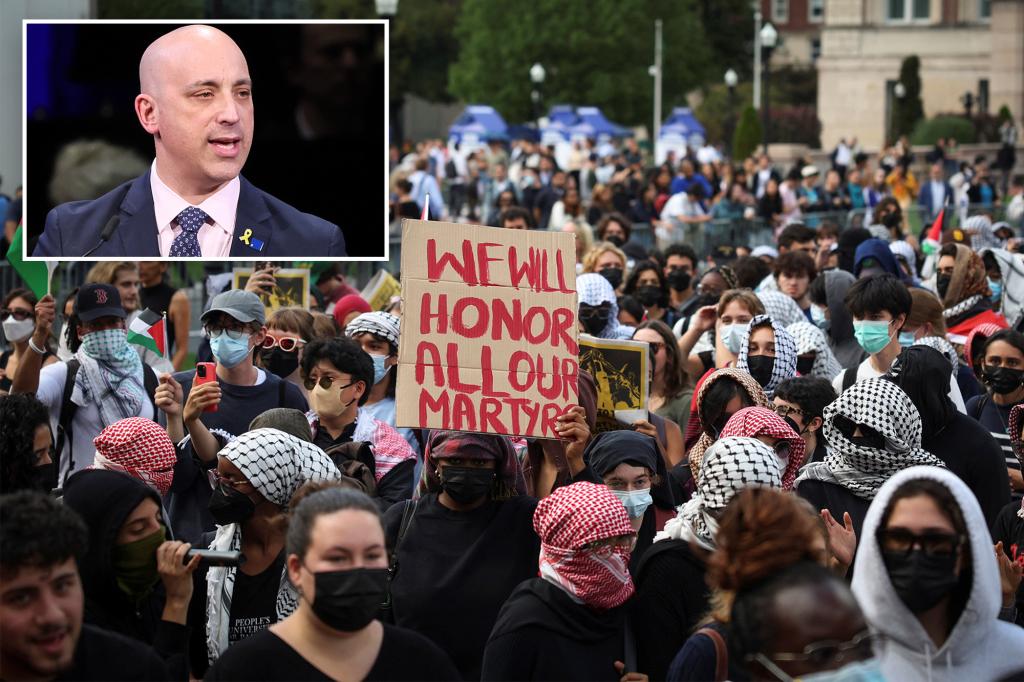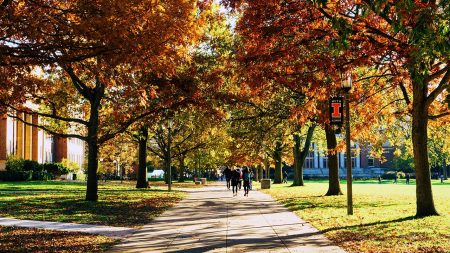Jewish community leaders and allies are prioritizing the passage of a state law in New York that would prohibit the wearing of masks in public in most circumstances. This effort, spearheaded by Assemblyman Jeffrey Dinowitz and Senator James Skoufis, aims to curb the surge in hate crimes and harassment, particularly against Jewish individuals, following the October 2023 attacks on Israel. Proponents argue that masked perpetrators feel emboldened by anonymity, enabling them to engage in hateful acts with reduced fear of repercussions. The proposed legislation is seen as a vital tool for law enforcement to identify and hold accountable those who commit crimes while concealing their identities.
The Anti-Defamation League (ADL), a prominent organization combating antisemitism and bigotry, has identified this legislation as its top priority for the upcoming legislative session. Jonathan Greenblatt, CEO of the ADL, expressed optimism about the bill’s prospects but acknowledged the need for concerted efforts to secure bipartisan support. He emphasizes that the issue transcends political divides, asserting that prejudice should not be a partisan concern. The ADL has formed the #UnmaskHateNY coalition, bringing together a diverse array of civil rights groups, including the NAACP and the National Urban League, to advocate for the mask ban. This broad-based coalition underscores the shared concern about masked intimidation and harassment affecting various communities.
While supporters maintain the urgent need for the ban, they acknowledge the concerns raised by civil liberties organizations like the New York Civil Liberties Union (NYCLU). These groups argue that such a law could infringe upon the First Amendment rights of protesters and dissenters, potentially stifling legitimate expressions of free speech. However, proponents of the bill contend that the freedom of expression should not protect those who use masks to shield their identities while engaging in harassment and intimidation based on ethnicity, religion, or other protected characteristics. The proposed legislation includes exemptions for individuals who wear masks for health reasons, religious observance, or workplace safety.
The bill proposes a tiered penalty system for violations, ranging from a minor offense to a Class A misdemeanor carrying a potential one-year prison sentence. This framework aims to address the severity of the offense, distinguishing between incidental mask-wearing and intentional concealment during hate-fueled acts. The proponents point to the historical precedent of anti-mask laws used to combat the Ku Klux Klan, whose members used hoods to conceal their identities while terrorizing black communities. They argue that similar measures are necessary today to address the rising tide of hate crimes. While such laws were repealed during the COVID-19 pandemic to facilitate public health measures, the current climate of escalating antisemitism and other forms of bigotry necessitates their reinstatement.
Recent events in New York City underscore the urgency of the situation. Incidents such as the vandalization of the Brooklyn Museum director’s home and other Jewish residences with red paint and symbols used by Hamas terrorists to mark targets for death highlight the escalating threat. Numerous other antisemitic acts have been perpetrated by masked individuals or groups, often in public spaces like subways and even on university campuses. These incidents have fueled a sense of fear and insecurity within the Jewish community, with some drawing parallels to the rise of Nazism in the 1930s.
The ADL’s report documenting a staggering 200% increase in antisemitic attacks in the US last year, reaching a record high of over 10,000 incidents, further underscores the alarming trend. A significant portion of this surge occurred on college campuses, highlighting the need for protective measures in these environments. Jewish leaders stress that there is no constitutional right to conceal one’s identity while engaging in hateful acts, whether it involves harassing individuals in the subway, vandalizing property, or targeting individuals based on their religious identity. They believe the proposed legislation provides necessary tools for law enforcement to hold perpetrators accountable and deter future incidents.
The political momentum for the bill appears promising. Assemblyman Dinowitz, a close ally of Assembly Speaker Carl Heastie, is confident in the bill’s passage. Senator Skoufis, who is also running for the Democratic National Committee chairmanship, is championing the bill in the Senate and emphasizes the broad support it has garnered from civil rights and faith communities. Governor Kathy Hochul and Attorney General Letitia James have also previously expressed support for a mask ban, suggesting a favorable political climate for the legislation.
The #UnMaskHateNY coalition, representing a broad spectrum of civil rights and faith leaders, emphasizes the deteriorating safety situation in New York, where masked individuals harassing residents have become a common occurrence. They see the proposed mask ban as essential for establishing accountability and providing a sense of security for vulnerable communities. The coalition believes that the right to public safety and the ability to live without fear of harassment supersedes the potential limitations on free expression that a mask ban might entail. Their overarching message is clear: the time for action is now, and the reinstatement of New York’s mask ban is crucial for protecting communities from masked intimidation and violence.
